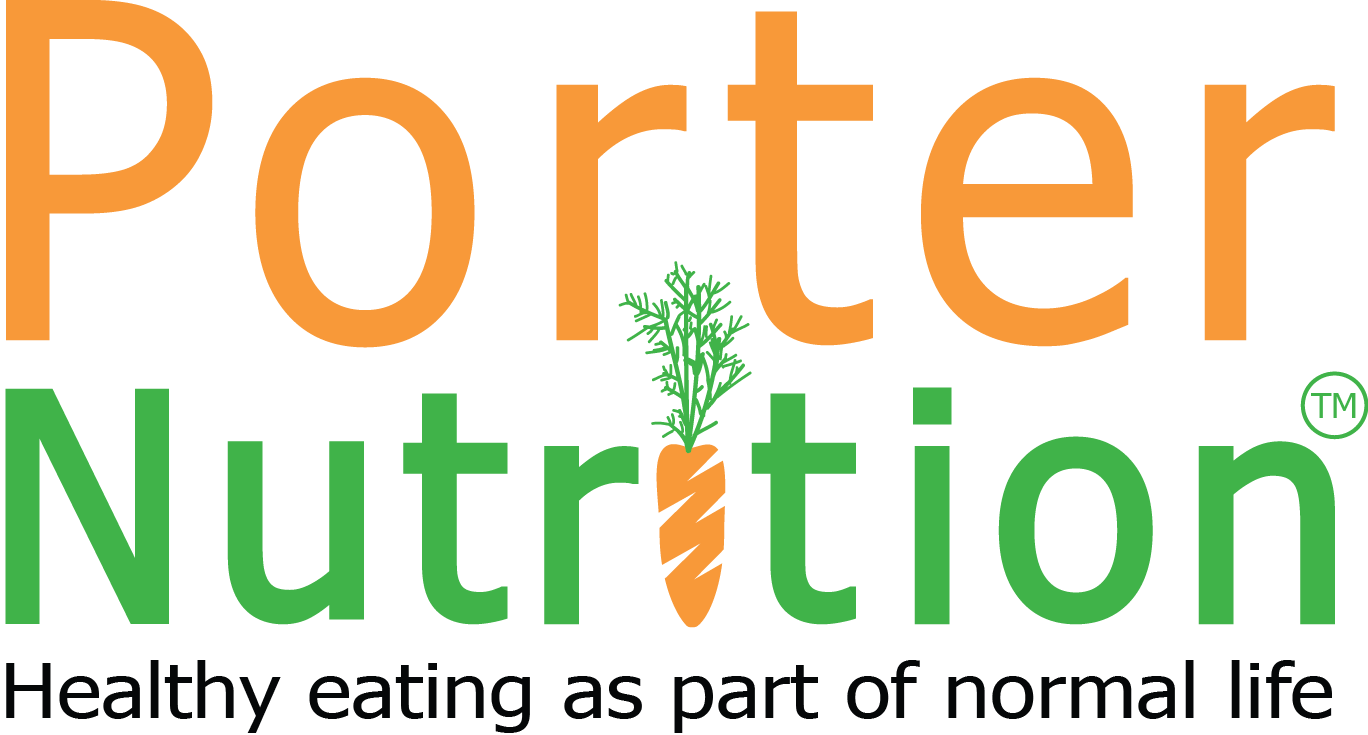Vitamin D is needed for the protection (and growth in children) of muscles and bones. It is needed to help the body absorb calcium. There is also growing evidence that it can protect against some long term health conditions. The long and short of it is, it is a vital nutrient.
The Scientific Advisory Committee on Nutrition has just published new recommended intakes (RNIs) and new safe intakes for vitamin D. In order to get what we need, supplements are recommended – for details read on.
According to Public Health England:
“The majority of the UK will have sufficient vitamin D intakes during the spring and summer through the addition of sunlight exposure on the skin to the vitamin D consumed within a healthy, balanced diet.
- During autumn and winter, it is however difficult for people to meet the 10mcg/d vitamin D recommendation from solely consuming foods naturally containing or fortified with vitamin D.
- Therefore it is recommended individuals consider taking a daily supplement containing 10mcg of vitamin D during the autumn and winter.
- People whose skin has little or no exposure to the sun are at increased risk of vitamin D deficiency and therefore need a 10mcg vitamin D supplement throughout the year.
- Ethnic minority groups with dark skin, may also not get enough vitamin D from sunlight in the summer and therefore should consider taking a supplement all year round.
- Children aged 1 to 4 years should have a daily 10 microgram vitamin D supplement. PHE recommends that babies are exclusively breastfed until around 6 months of age. As a precaution, all babies under 1 year should have a daily 8.5 to 10 microgram vitamin D supplement to ensure they get enough. Children who have more than 500ml of infant formula a day do not need any additional vitamin D as formula is already fortified.”
For further information, click here
